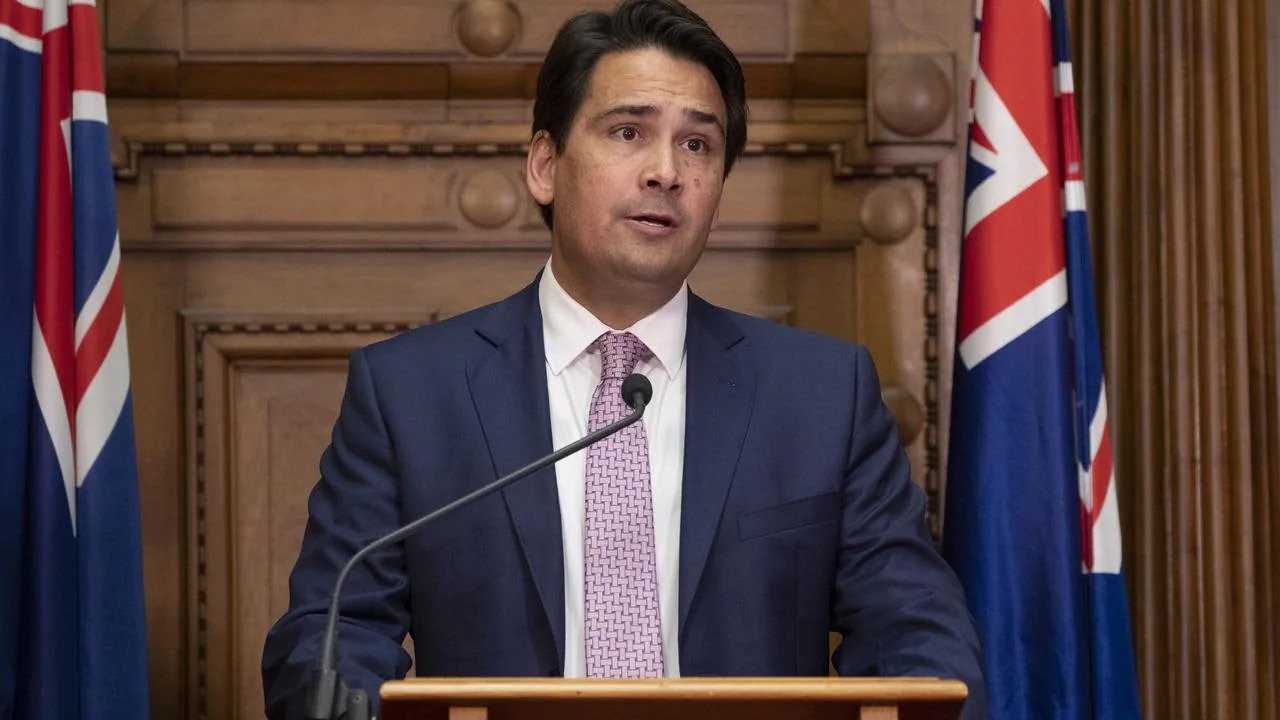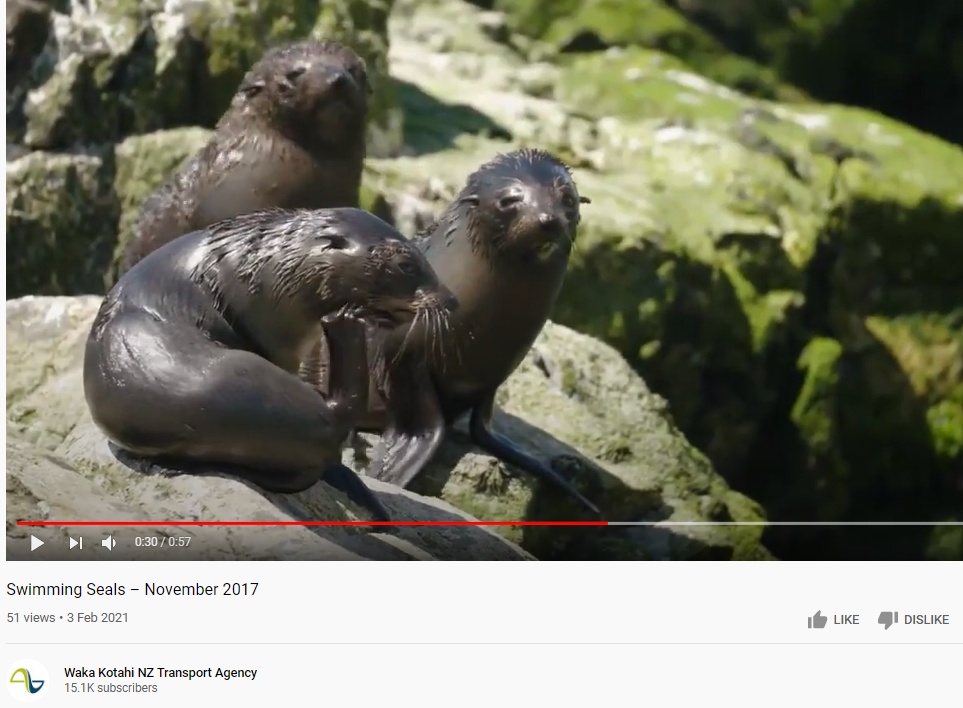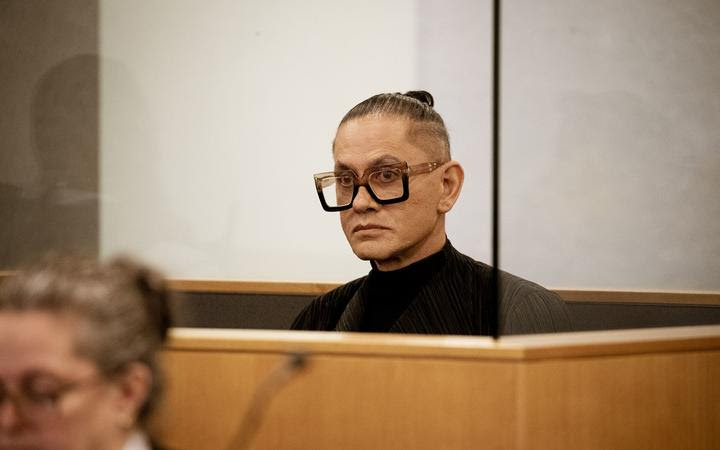Local rate hikes: how does your council compare?
Councils across the country are formulating their 10-year budgets, and as part of that, they’re proposing massive rate hikes for next year.

The dashboard includes links to consultation pages so you can make your voice heard.
Our suggested message: Local councils need to wake up to the financial realities of COVID-19. Non-essential spending must be suspended so that rates can be kept low, allowing households to lead the economic recovery.
No accountability for $1.9 billion mental health spend

The key announcement in 2019’s glossy “Wellbeing Budget” was a massive $1.9 billion spend on mental health services. That’s 1900 million, or $1000 for every household in the country.
Two years later, the Mental Health Foundation says the mental health system is in worse shape than when Labour was elected.
In fact, the Government’s latest annual report on mental health services was delayed by a months-long editing process that removed key figures – including wait times and suicide numbers.
So what on earth do we have to show for the $1.9 billion? Where is the accountability?
“We told you so”
Responding to the Wellbeing Budget back in 2019, we warned this spending would likely disappear into a black hole. It’s absolutely no pleasure to be proven right.
Important bill drawn: would stop sneaky tax hikes

Last week Simon Bridges’s bill to end bracket creep was drawn from the private members’ ballot.
From a taxpayer perspective, this is one of the most important private members’ bills we’ll see in our lifetime.
For decades successive governments have exploited inflation to sneakily increase the average tax rates levied on New Zealanders. As people’s incomes grow with inflation, they get pushed into higher marginal tax brackets automatically. It’s a stealthy, dishonest tax hike.
Simon Bridges’s bill would bring us into line with Canada – where income tax thresholds are adjusted with inflation automatically.
We’ve campaigned against bracket creep since 2016. In our submission to the Tax Working Group, we explained the issue:
Inflation sees taxpayers’ nominal incomes, but not real incomes, increase. Because income tax thresholds are fixed, taxpayers face a higher proportion of their income lost to income tax, without any corresponding increase to their real income.
Take our 30 percent income tax rate. When it was introduced in 2010 for income over $48,000, that was the equivalent of $55,000 in today’s money. That meant only above-average earners were hit. But due to inflation, $48,000 is now a low salary, meaning low-income New Zealanders are forced to give up 30 percent of any pay rise to the taxman.
We will be extremely vocal on this issue. Labour has no good reason to block the bill: it’s a simple case of making our tax system more transparent, fair, and kind.
Seventy-two spin doctors in the waka

The New Zealand Transport Agency “Waka Kotahi” now pays 72 spin doctors in its communications team. Annual communications salaries have leapt from $2.2 million to $4.6 million in a single year.
What do all these spin doctors do? Many would have been tied up with the agency’s recent rebrand, from ‘NZ Transport Agency’ to ‘NZ Transport Agency Waka Kotahi’. It remains unclear how this rebrand helps roads get built. In fact, there’s a reason why we still call it NZTA – if we used ‘Waka Kotahi’, people wouldn’t know what we were talking about!
No doubt the agency’s spin doctors will busy themselves with another rebrand soon when they drop the English part of NZTA’s name entirely. But in the meantime, we looked at the agency’s Youtube channel to where all this communications money is going.
The Transport Agency has posted 90 videos to Youtube this year. That’s about one per day. Most of these videos have received less than 1000 views. In fact, dozens received less than 100.

Videos of seals doing belly-flops may be cute, but what’s the point when only 50 people watch them? And that’s putting aside the question of how it advances NZTA’s transport goals. This tokenistic PR output looks like a make-work scheme for communications graduates.
We asked NZTA how much it’s spending on its video output. The agency said it would be too hard to calculate. No kidding!
Creative NZ caught handing out money to a crook

The Herald reports that our, err, “friends” at Creative NZ awarded more than $100,000 in taxpayer-funded grants to entertainer (and former Opportunities Party candidate) Mika X and his associated companies while he was being investigated and charged for trying to sabotage a court case.
It’s simply not credible that Creative NZ did not know about this. The fact Mika X (now convicted) was facing charges was the worst kept secret in both the art and legal communities. Creative NZ are either lying in saying they did not know, or their ivory tower is so out of touch with the arts community they need a clean out.
Handouts for companies to ditch coal boilers are wasteful corporate welfare

The Government has announced $22.8 million in grants for selected companies to switch from coal boilers to clean energy.
But the spending makes no sense. Companies already have an incentive to shift away from coal boilers: under the current Emissions Trading Scheme price, it’s cheaper to switch boilers than to pay for the equivalent carbon credits.
In other words, the Government is handing out taxpayer money to a lucky group of companies to pursue a profitable change they would have made regardless. That’s corporate welfare, and spinning it as a climate initiative only serves to obscure the rort.
Even if companies did need grants to ditch coal boilers, it wouldn’t do anything to reduce our overall emissions. Coil boilers are already covered by the ETS, and the overall ETS cap isn’t changing, so eliminating boilers only serves to free up credits for companies to emit carbon in other ways. Madness.
Have you seen this man?

Pictured above is Paul Mora – a New Zealander who has allegedly fraudulently claimed €113 million in German tax credits, and is now wanted by Interpol.
We were alerted to this case of massive alleged fraud by our friends at the German Taxpayers’ Association, Bund der Steuerzahler Hamburg e.V.
It’s not just a matter of justice for German taxpayers – this case is a risk to New Zealanders’ international reputation for trustworthiness.
Mr Mora is understood to be in the Christchurch area. We have spoken to the New Zealand Police, who have informed us they are working with German authorities. If Germany makes a request for extradition, it will have our support, and we believe the support of most New Zealand taxpayers.
Sightings of Mr Mora and information on the Cum Ex tax affair can be reported to the Taxpayers’ Union at tipline@taxpayers.org.nz.
German Taxpayers’ Association spokesman Jürgen Nielsen said,
The Bund der Steuerzahler Hamburg e.V very much appreciates the support of the New Zealand Taxpayers’ Union in finding more details and background information about persons and organisations behind the so called ‘Cum-Ex Tax affair’. This type of border-crossing cooperation shows how fruitful the work of our organisations can be.
Taxpayer Talk: Kathryn Marshall on housing; Damien Grant on growth of regulation
Due to the popularity of our podcast interview with Climate Change Commissioner Rod Carr, we’ve ramped up production of our Taxpayer Talk podcast.
I sat down with:
- Stuff columnist Damien Grant on the frightening growth of government regulation
- Kathryn Marshall from Williams Corporation on what’s really stopping houses from getting built
Next up in our ‘MPs in Depth’ series are newbies Penny Simmonds (National) and Simon Court (ACT). So don’t forget to hit subscribe.
You can subscribe to Taxpayer Talk via Apple Podcasts, Spotify, Google Podcasts, iHeart Radio and wherever else good podcasts are sold.
All the best,
 |  Louis Houlbrooke Campaigns Manager New Zealand Taxpayers’ Union |
Note that Greater Wellington Regional Council’s intended hike is 12.64% overall, but Guy Burns of the PRCB reports that for Kapiti ratepayers it will be 14.5%. If you don’t like that, tell the present holder of the Kapiti seat on the GWRC, Penny Gaylor. —Eds

Thank you for this revealing article. A voice in the madness of life in NZ. Majority of people gave their power away a long time ago. They dont care nor do they comprehend. what is going on. It will have to be a major crisis like a catastrophic event .for a shift in consciousness to occur. Sad but true. Cognitive dissónance is a serious sickness of the mind. Is there a cure??
The Mainstream or Legacy Media, by flatly refusing to hold governments to account for their misappropriation and misuse of public money, are now the biggest problem — the only cure is to tell everyone you know to give up on the MSM and read sites like ours.
Really the taxpayers union needs to stand for parliament.
NZFirst now sadly defunct did it very efficiently just targeting the part votes.
Then take on the local councils which as they are need shutting down
Just do it.